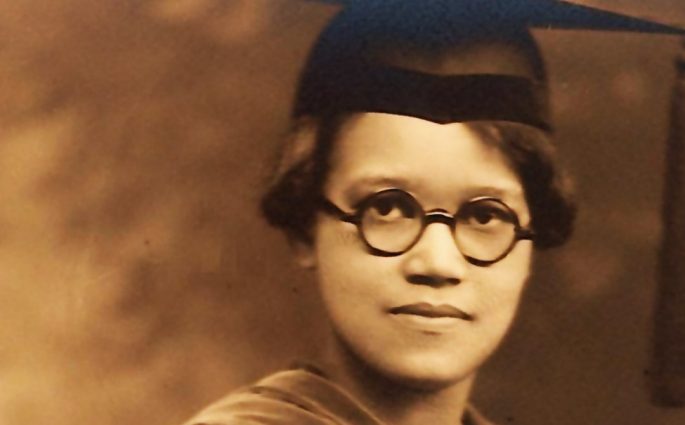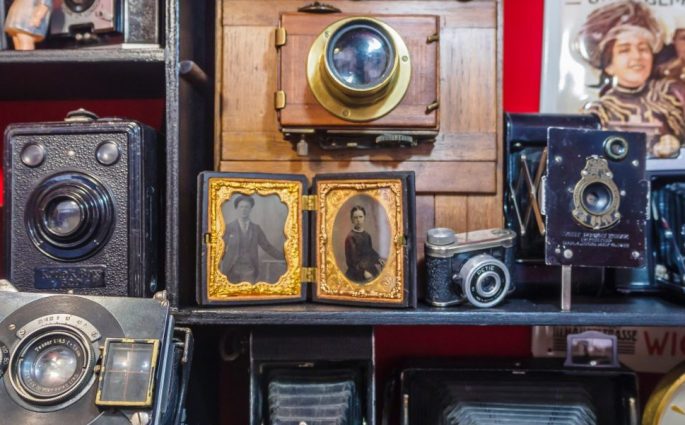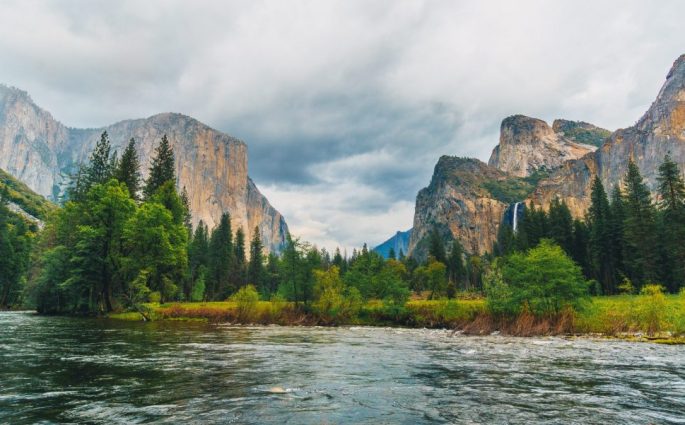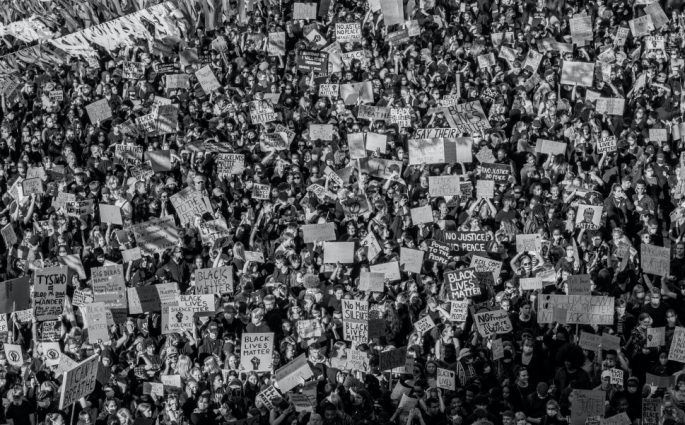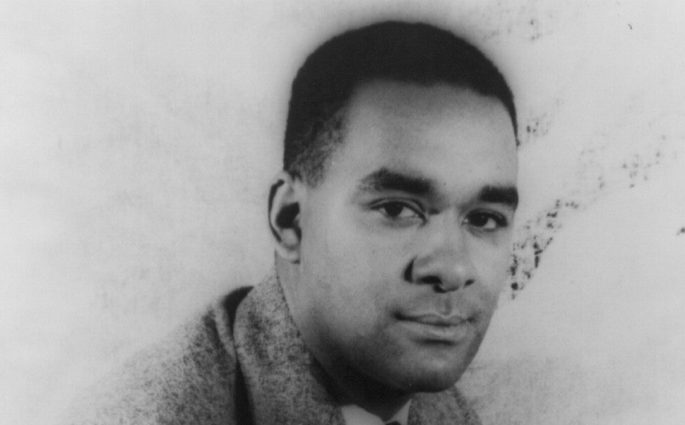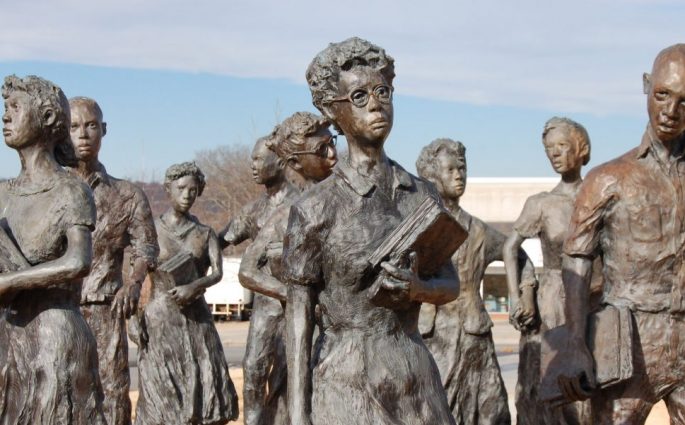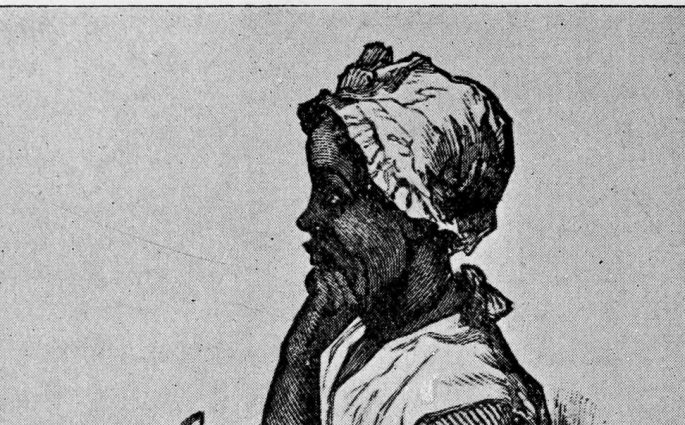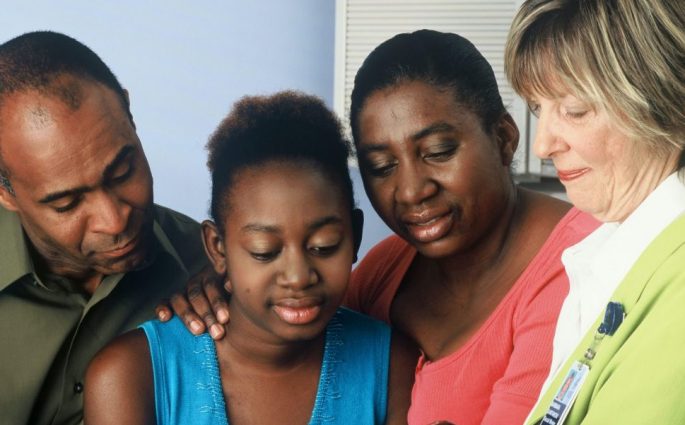Sadie Alexander on Black Achievement
Nina Banks— Sadie Alexander was an outstanding economic historian whose speeches relied heavily on her knowledge of European and American history. Prior to taking courses in European history at the University of Pennsylvania, Alexander studied the history of African Americans while a student at the M Street High School, which

